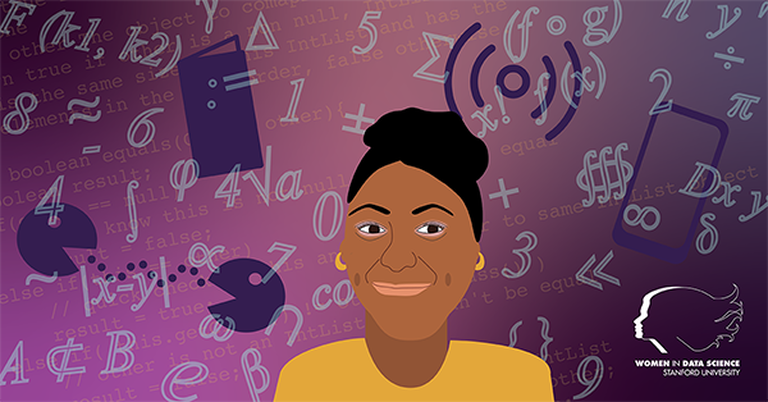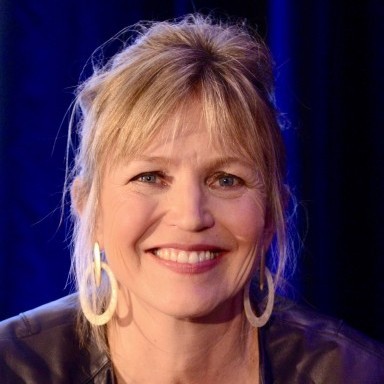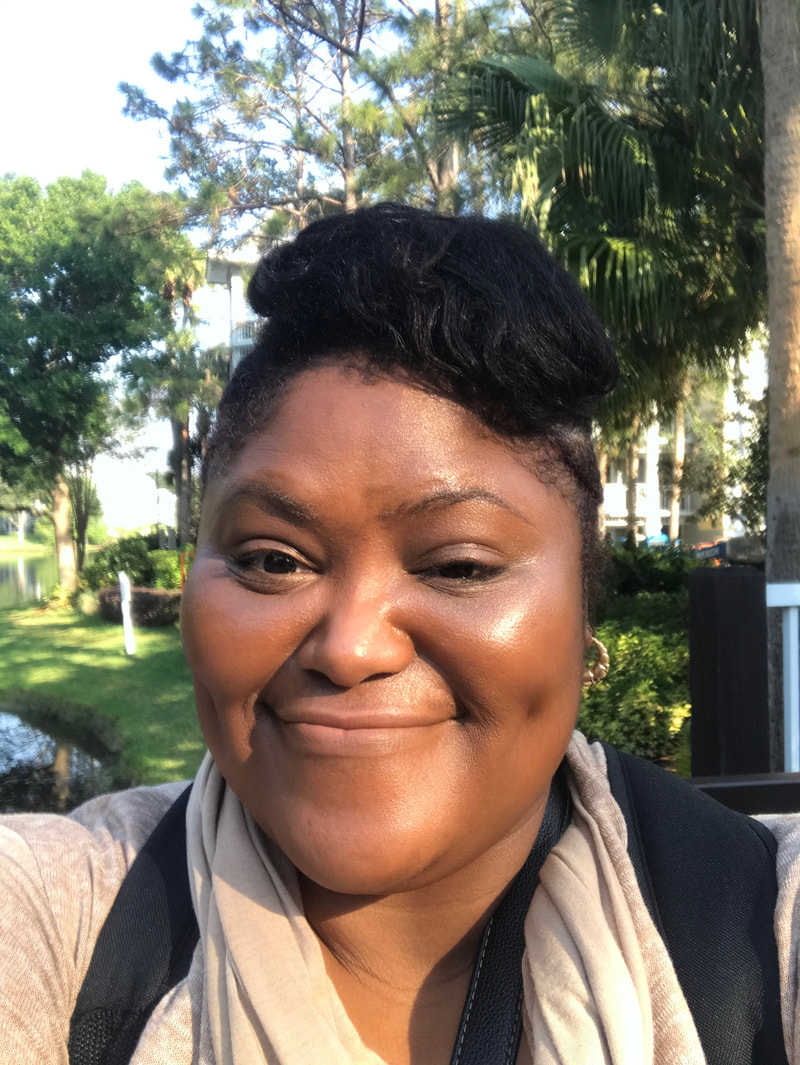Gaining Skills and Overcoming Barriers to a Career in Data Science

Highlights
Louvere Walker-Hannon has worked at MathWorks (the company that makes MATLAB) for over 21 years, where she’s also a STEM Ambassador. She studied biomedical engineering as an undergraduate at Boston University and did graduate work at Northeastern University in geographic information technology with a specialization in remote sensing. She loved working with MATLAB as an undergraduate and when MathWorks came to the career fair when she graduated, she sought them out, got an interview, and has been working there ever since.
She says there are both technical and non-technical skills that are valuable in the field of data science. Technical skills include coding, some programming, a foundation in mathematics, some statistics, and in some cases physics. Non-technical skills are also very important. It’s critical to be able to communicate your findings clearly using a variety of techniques. She says stay away from technical jargon and communicate as if you’re having a conversation. A second important skill is active listening, to be open to suggestions from others, especially those who are new to the field.
She explains that there are also barriers to people entering the field of data science. For some people, coding is a barrier to engagement with data science as many people in STEM professions are not comfortable with coding. MathWorks is doing more development to provide user interfaces or apps to give people a starting point without having to rely on writing code.
There are also concerns about model interpretability where it’s difficult to get insights into how certain models work. More people are gaining awareness about the topic, and that’s leading them to explore how to implement it and ask why it’s important. She is noticing that more people are trying to incorporate model interpretability into their data science applications.
One of the systemic barriers is implicit bias. People are used to working with and being around people with certain characteristics. And in a work setting, there could be a project coming up, and there are several individuals who could work on this project. Many times, the people selected to work on a project tend to be the same individuals. But then it begs the question, when do others get the chance?
There’s still a lot of under-representation from various population groups in data science. Even if people from an under-represented group have the skills and education, if they don’t feel like they belong, that can impact their productivity. It’s important to build a sense of community and have someone guide the person, make them feel welcome and help them become a part of the culture, so they can understand what they can do in order to thrive.
Louvere is also a STEM ambassador at MathWorks where she volunteers in STEM advocacy and outreach in schools or on STEM panels. She loves hearing high school age and younger students at science fairs talk about their projects and see how proud they are of their work. This gives her hope that young people are excited about data, about analysis, and communicating their insights to others.

About the Host
Margot Gerritsen
Stanford Professor [Emerita] Margot Gerritsen is the Executive Director and co-founder of Women in Data Science Worldwide (WiDS) and born and raised in the Netherlands. Margot received her MSc in Applied Mathematics from Delft University of Technology before moving to the US in search of sunnier and hillier places. In. 1996 she completed her PhD in Scientific Computing & Computational Mathematics at Stanford University and moved further West to New Zealand where she spent 5 years at the University of Auckland as a lecturer in Engineering Science. In 2001, she returned to Stanford as faculty member in Energy Resources Engineering. Margot was the Director of the Institute for Computational & Mathematical Engineering (ICME) at Stanford from 2010-2018 and the Senior Associate Dean for Educational Affairs in Stanford’s School of Earth Sciences from 2015-2020. In 2022, Margot took Emerita status to devote herself to WiDS full time. Margot is a Fellow of the Society of Industrial & Applied Mathematics, and received honorary doctorates from Uppsala University, Sweden, and the Eindhoven University of Technology in the Netherlands. She now lives in Oregon with her husband Paul.
Connect with Margot Gerritsen on Twitter (@margootjeg) and LinkedIn.
Find out more about Margot on her Stanford Profile.


